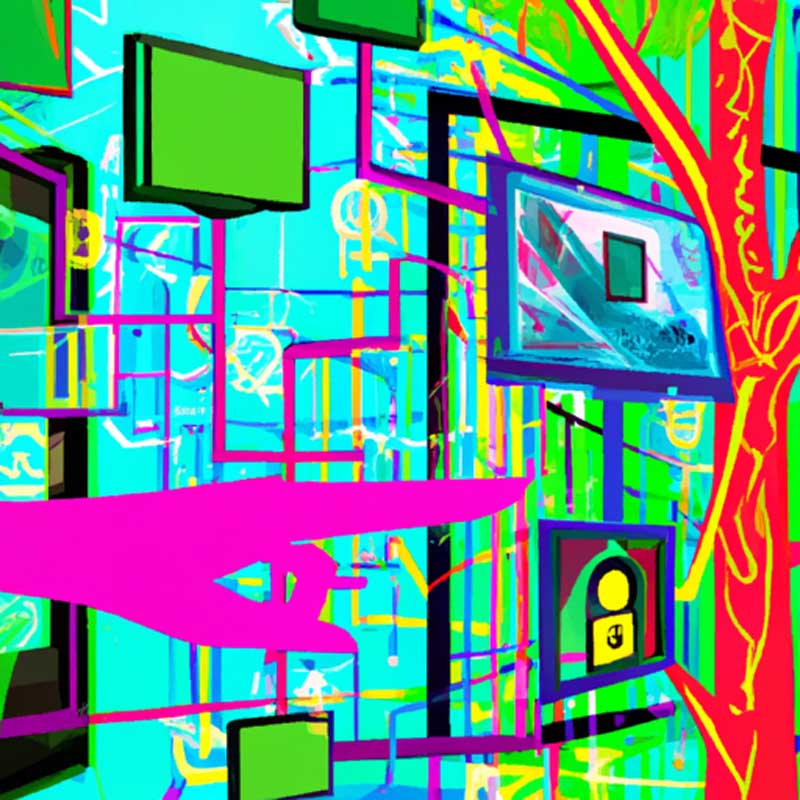Machine intimacy, or the idea of forming intimate relationships with AI and robots, is becoming increasingly common. People are attracted to this form of intimacy because it lessens their vulnerability and fear of rejection. However, machines lack the capacity for caring, understanding, and empathy that humans possess. Despite this, many individuals still invest in machines and attribute human qualities and emotions to them. This phenomenon is known as anthropomorphizing AI. While AI can pass elements of the Turing test, it does not actually possess the ability to feel or understand like a human.
The appeal of machine intimacy may stem from individuals’ willingness to forgo real human interactions due to the risk of rejection, criticism, conflict, or disappointment. Machines do not have the ability to let us down or leave, providing a sense of security and control. They can also be programmed to fulfill certain roles, such as being flirtatious or seductive, that some individuals may find appealing.
However, it is important to recognize that AI is not a substitute for real human connection. It is a machine with programmed responses and limitations. By indulging in the illusion of machine intimacy, individuals may become less willing to take risks and engage in real human relationships. As author Chaucer wrote, “Nothing ventured, nothing gained.”
